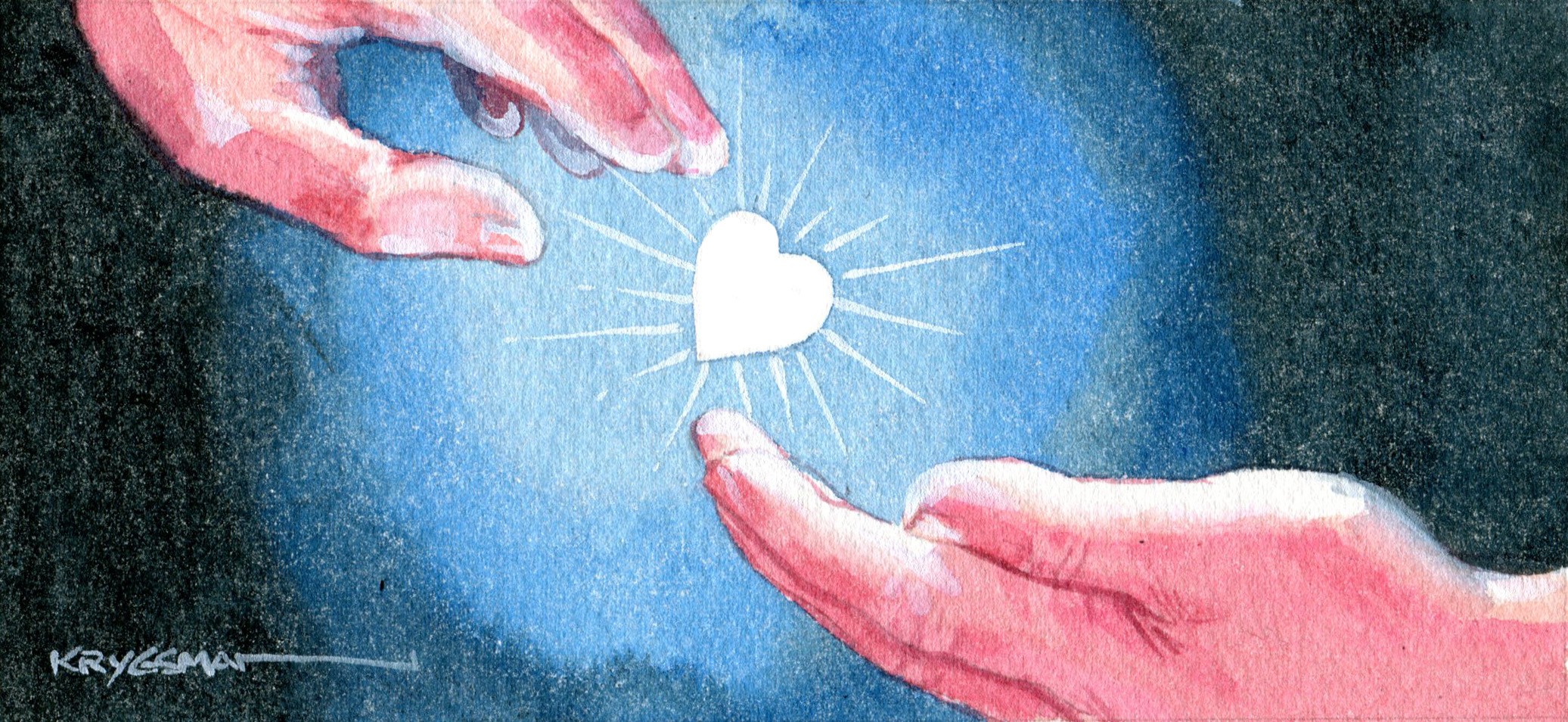
Krygsman for WAP
My partner and I were walking the streets of Palermo one night while in Sicily. Sitting on the street was an old homeless man. He was trembling, with his head buried in his arms. He had a sign in Italian that I could make out meant his wife was dead; no children; he was too sick to get a job or something to that effect.
I bent down and handed him a few coins, probably the equivalent of $4. He jumped up and started kissing my hands. “Grazie, grazie,” he said clutching my arms. I pointed to the sign and made a signal of a wedding ring. ”Your wife is dead?” “Si” he said, and then tears started running down his cheeks.
I was very shaken by the experience — how little any of us can do to help suffering. I went around the corner and cried. Back home a couple of weeks later I watched a video that had gone viral of a woman in a smart red car who had pulled up in a petrol station in the US. A man is seen approaching the car, screaming at her that he’d been scammed — he had given her money for years on a street corner because she’d said she had no work, no family, no food.
The subsequent social media reaction was that this story demonstrated why people shouldn’t give money to beggars. I disagree. While living in New York in an area full of homeless people, I made a decision to give $1 a day to someone. I didn’t look too hard at who I was giving to. My rational was that even if 25 per cent were scamming me (unlikely), the other 75 per cent were in need. I don’t subscribe to the notion that it is better to give to formal charities. They spend so much money on envelopes, printing and administration. How do we ever know how much gets to the people most in need?
I have argued this point with many people including my partner. I always give to the poor in Sydney’s Kings Cross. “They are drug addicts,” he says. “They just use the money for alcohol.” To which I reply, “We have antidepressants or Xanax to get through the week. These people don’t have access to the kinds of drugs middle-class people use to dull the pains of life. Our meds cost a fortune. I don’t care what they spend the money on if it relieves their suffering.”
I feel that it’s not for us to judge the needy. There but for the grace of God go any of us. If someone is a scammer, so be it. It shouldn’t change our sense of compassion. One bad apple doesn’t spoil the whole batch.
Twitter @OstrowRuth

No comments yet.